technology@blessedsacramentwpg.ca
|
Over the last couple of weeks, some young people approached me on ‘getting involved’ in Church life. They offered their time and talent to do ‘something’ for our community and for God’s service. Thank you. It is heartwarming to have people reach out to find ‘something’ they would enjoy doing and serving. Increasingly as we leave the pandemic and as parish life flourishes ever more, people are doing something. Before, during and after our weekend masses, someone is doing something. Working from home for the good of our parishioners and society, someone is doing something. From 710 Roanoke to the wider city to the world, ‘something’ makes an impact on people’s lives. From serving at mass to your kitchen table to homeless shelters to supporting peace in Ukraine to Development and Peace… someone is doing something. Praying at home for the needs of our parish and our world, someone is doing something. What ‘something’ do you do, even if you think it is small, for service of God and others?
‘Something’ is not for your glory or honour, it is for the Lords. It is out of the goodness of your heart that you generously share your limited time and valuable talent. For this we thank all our volunteers. Thank you, thank you, thank you, thank you, thank you! Like the Wedding of Cana and the multiplication of the Loaves and the Fish – Jesus takes ‘something small’ and transforms it into a lot, into abundance. When we look at our dynamic parish and all that is happening and the hearts that are being blessed and transformed, it doesn’t take long for someone to realize that Jesus takes our ‘something’ and makes it a lot! Thank you, thank you to all our volunteers and all you do and the ways you serve and minister to one another! You are greatly appreciated! Fr. Kevin and all of Blessed Sacrament Parish Community. Looking for volunteer opportunities? Check out the website under the heading "Volunteer Opportunities." From the Roman Missal
God, Who, in your ineffable providence, willed that your servant Benedict XVI should be numbered among the high priests, grant, we beseech Thee, that he, who on earth held the place of your only-begotten Son, may be joined forevermore to the fellowship of your holy pontiffs. Through the same Jesus Christ, your Son, Who lives and reigns with you in the unity of the Holy Spirit, God, for ever and ever. Amen. You will receive a gift at Christmas mass this year!
This book titled "The Wisdom of the Saints" will help you to step into a new and ever-deepening friendship with the saints so that you may know, love, and serve God like never before. Become friends with some of the greatest men and women who ever lived. At this busy time of year, give yourself a break and spend a few minutes with our December newsletter.
We journey in Advent towards the Star of Bethlehem, which leads us to the light of the world, Jesus Christ.
At all this weekend's masses you are invited to take one star home. It has a magnet so place it on your fridge or at another suitable place. On each star is a theme of each week in Advent: Hope Peace Joy & Love. May your star guide and inspire your thoughts and hearts. May you be given and graced with what you pray for. May you be guided toward Jesus, the Christ child. A blessed and bright Advent journey to you. Concert/Sing-a-long Christmas with our l'Arche Community & the Grace Family Singers & co.11/24/2022 “Songs of Christmas” Returns
This weekend we celebrate the end of the football season with the Grey Cup, Go Bombers, oh and also the end of the liturgical season culminating with the great celebration of Christ the King! This year we have followed the writings of the Gospel of Luke and next week will begin anew with writings and teachings of the Gospel of Matthew.
The Feast of CTK presents a unique peek on the crucifixion. Found only in Luke is the dialogue between the criminals and Jesus on the cross. The criminal said “Jesus, remember when you come into your kingdom.” Jesus replied “Truly I tell you, today you will be with me in Paradise.” Jesus did not ask what the criminal did or why, he simply accepted the man’s faith in him and rewarded him with a forever relationship in Paradise. Jesus is also looking to us for our faith in him. No questions asked. Paradise assured. As we honour Christ our King this weekend, we look to him on the cross, crowned and crucified as he looks down on us with eyes of love. The celebration of CTK recalls the difference between the Kingdom of God and the Thingdom of earth. That Christ the King does not amass armies and territories and great wealth. Christ the King just asks us to listen and look to him and for his sake respond to the needs of one another. Christ doesn’t force us, but he simply invites us to his mercy, to love... and relies on nothing other than to look to him with faith and a response of the human heart. Fr. Kevin
|
Archives
March 2024
Categories |
||||||||||||


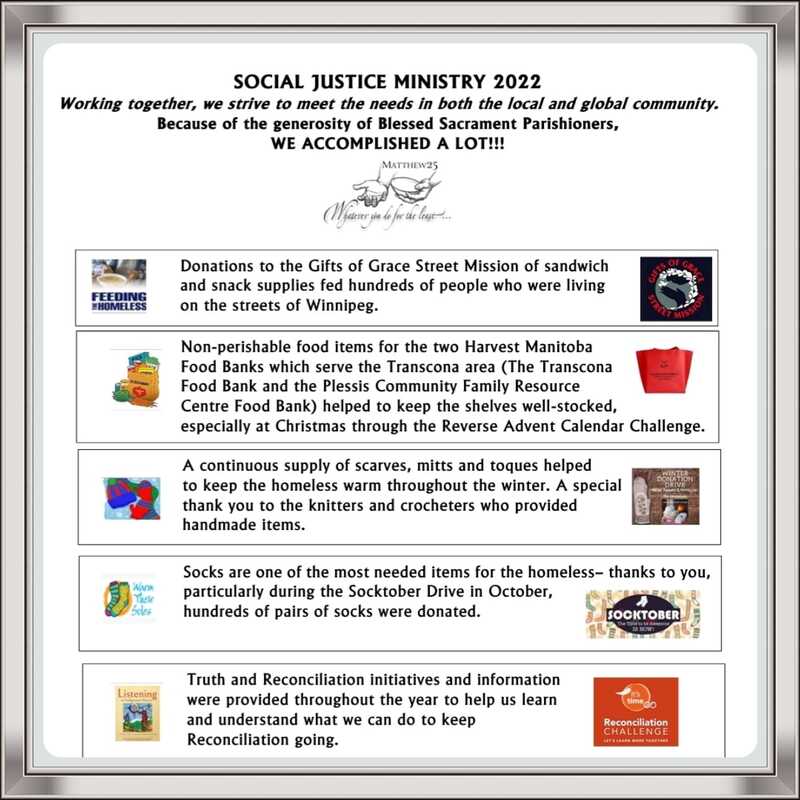
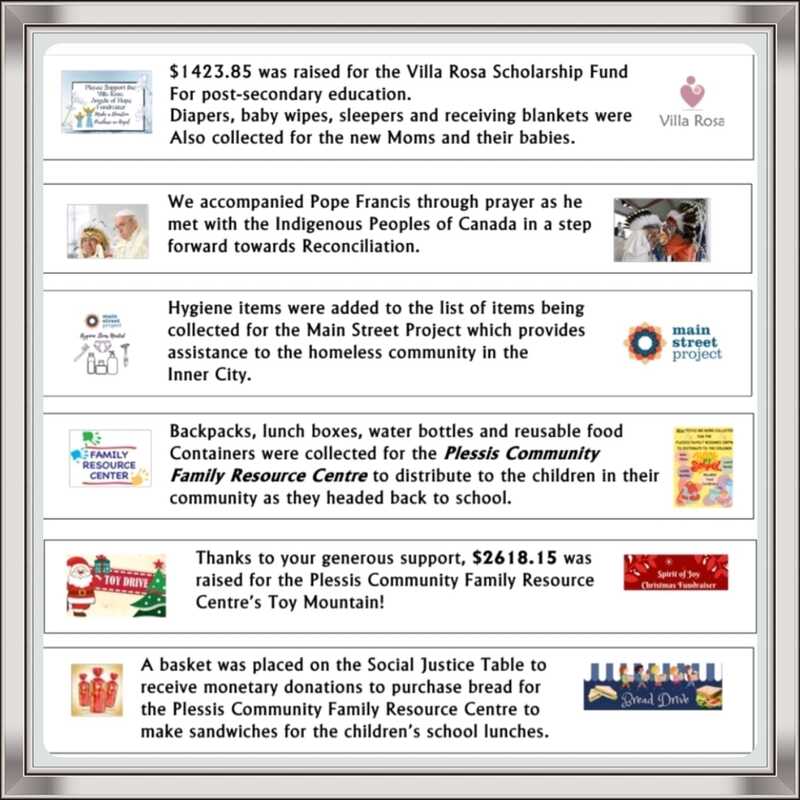
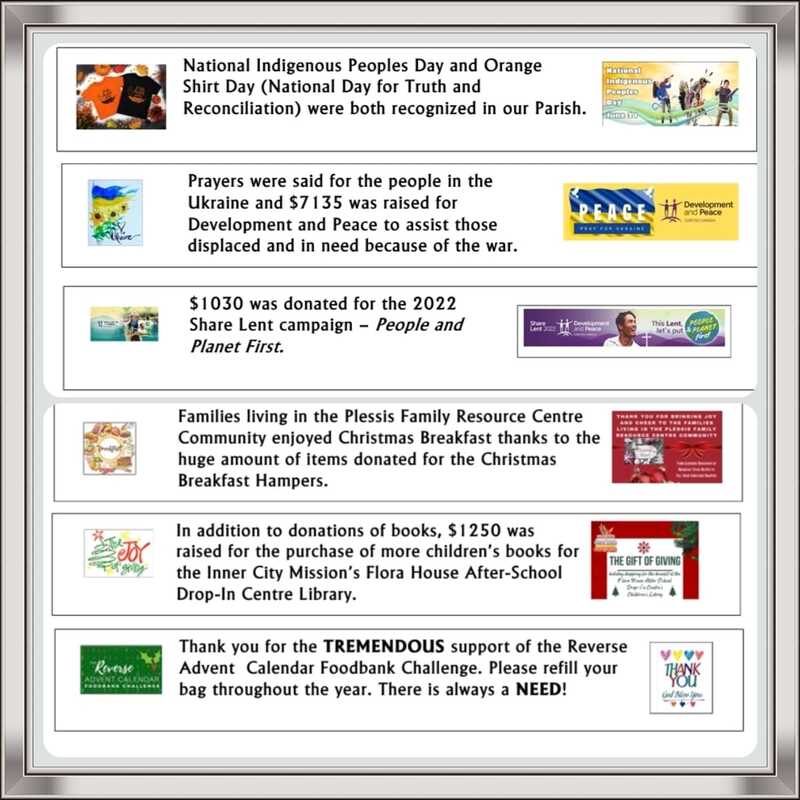
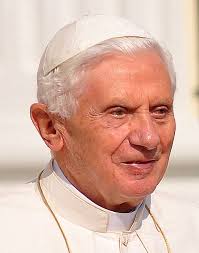
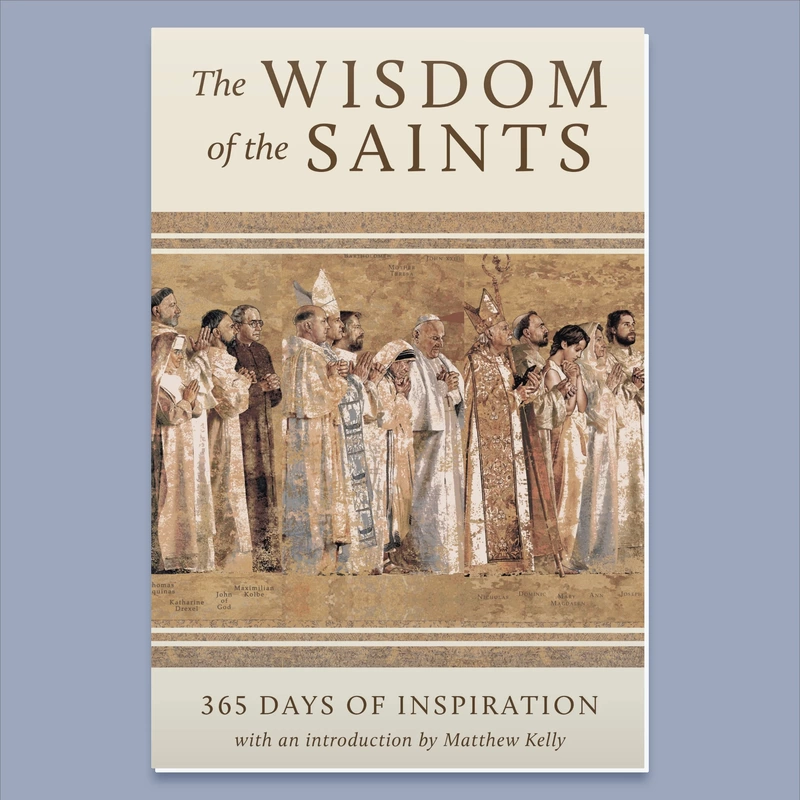
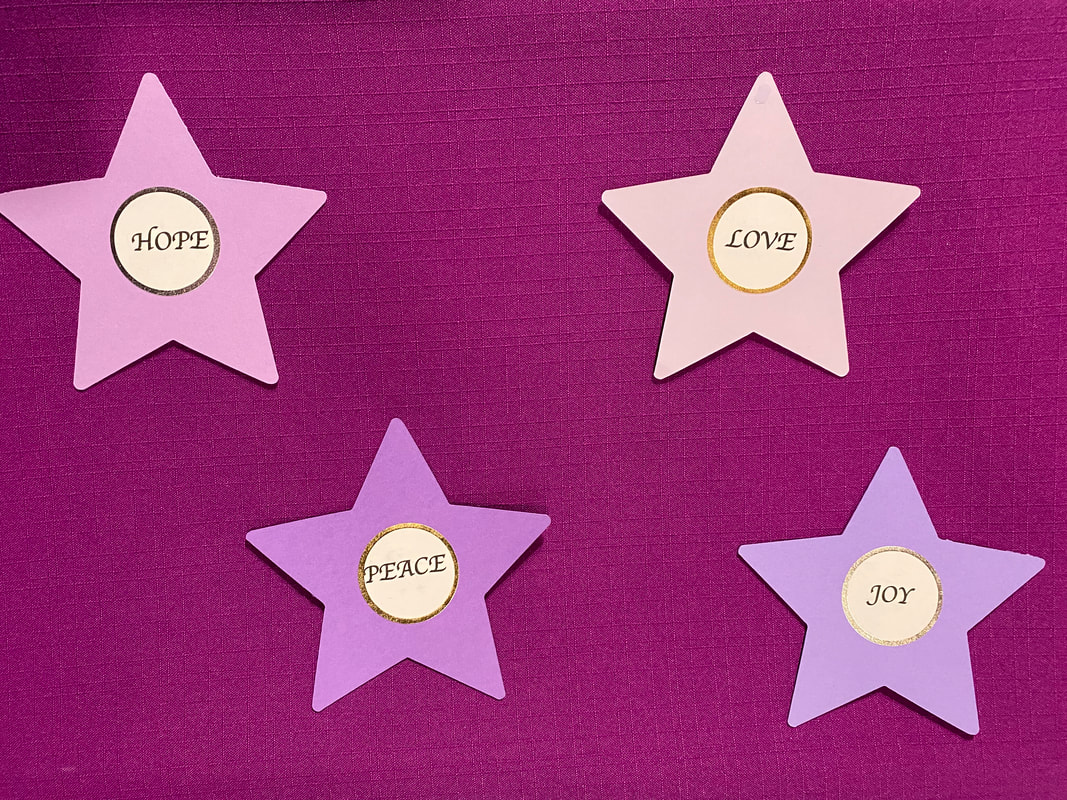
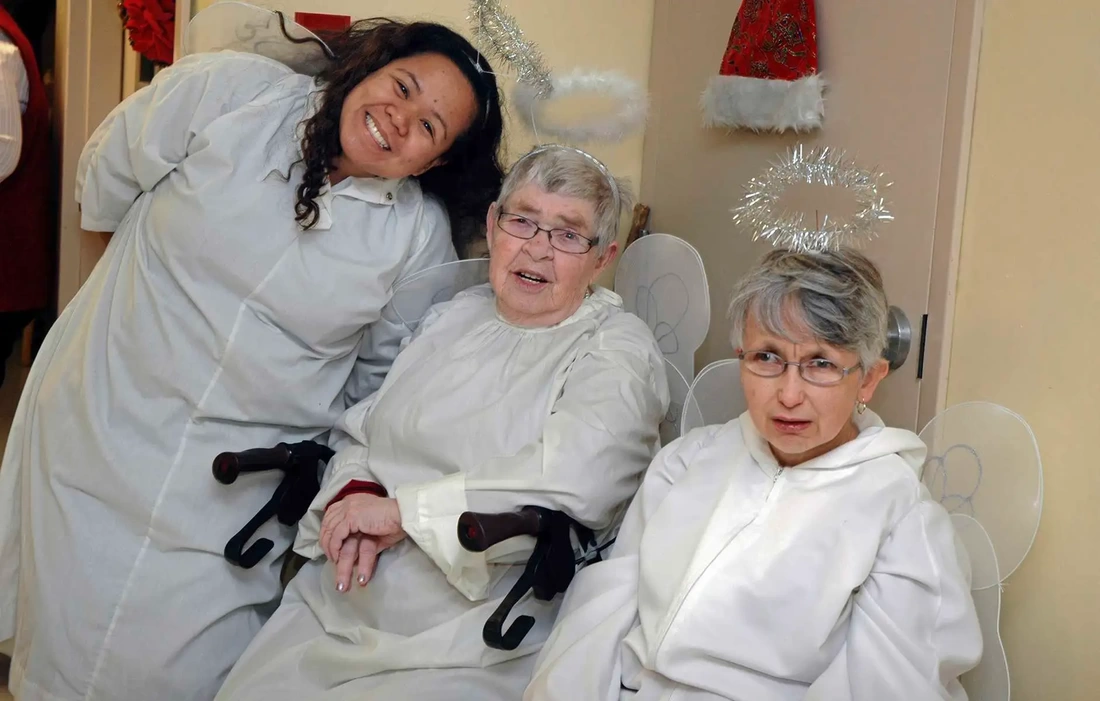
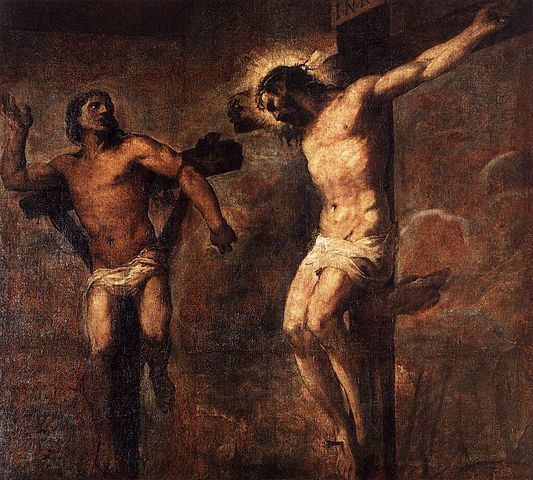
 RSS Feed
RSS Feed
